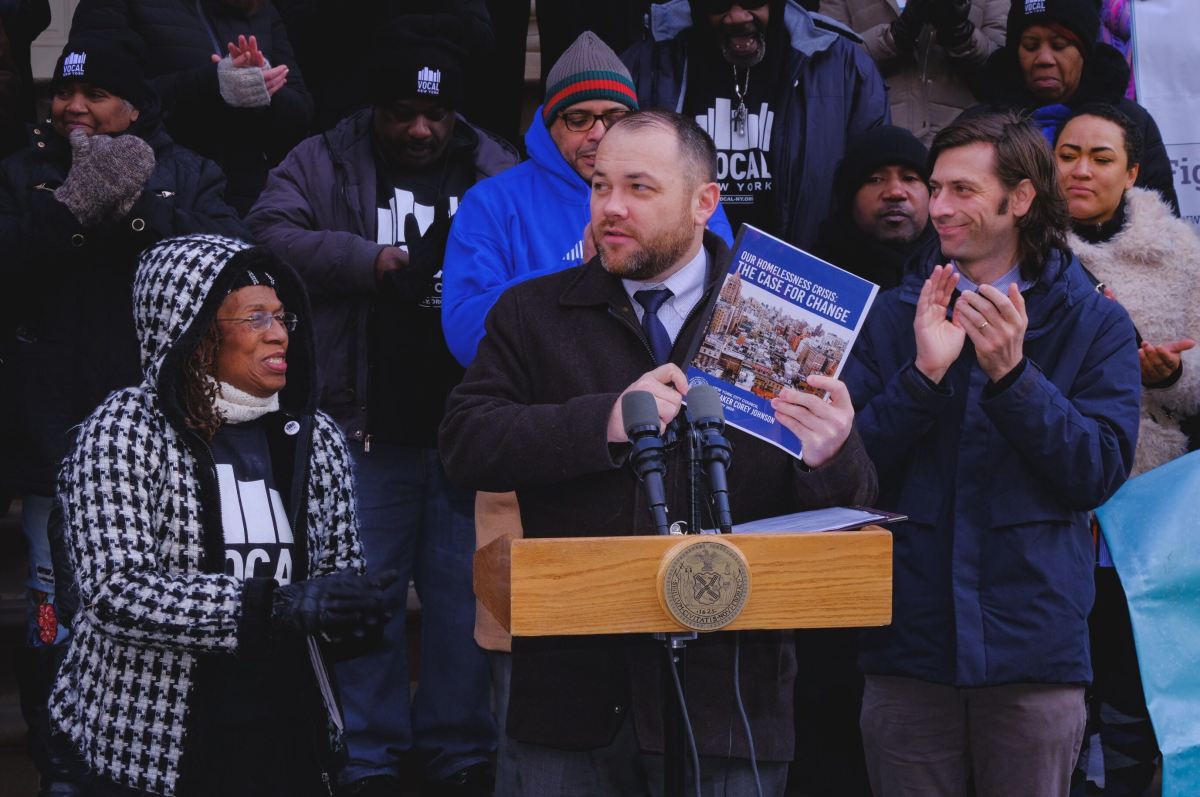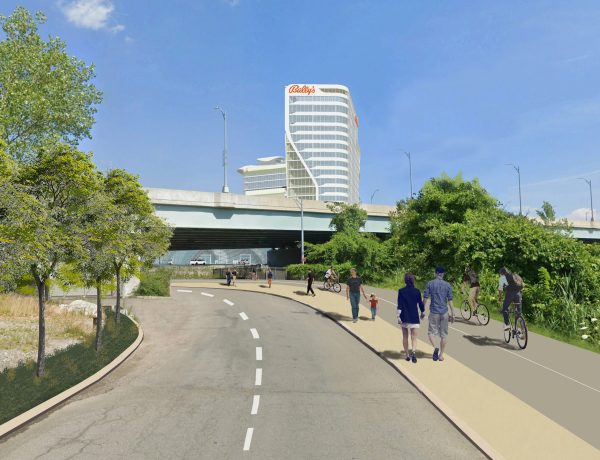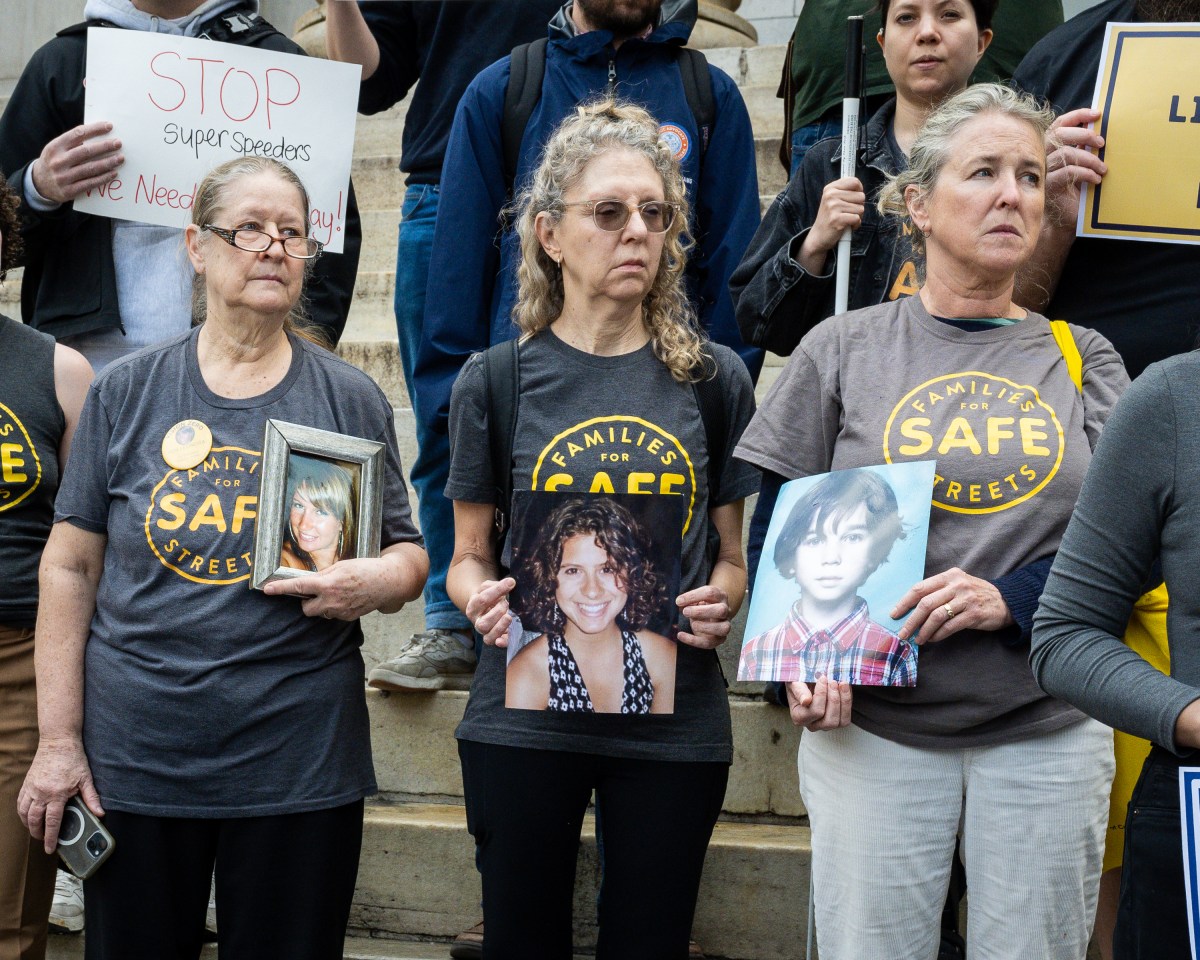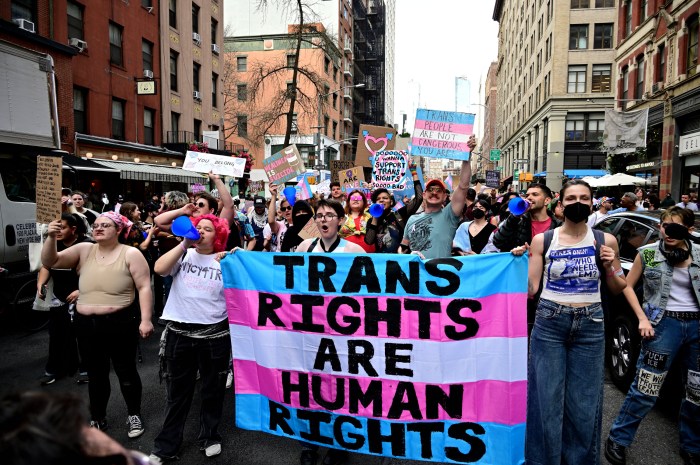City Council Speaker Corey Johnson has his own vision combatting the homeless crisis, and many New Yorkers will be breathing a sigh of relief that it does not involve more shelters.
Johnson revealed on Thursday his recommendations, contained within a light, 200-page plan, that includes reforming the voucher program in a way that will complement new housing laws which require developers set aside 15 percent of units for homeless individuals.
The “comprehensive” plan developed by the speaker’s office, unveiled at a Jan. 30 rally in front of City Hall, recommends that the city increase voucher amounts to a more realistic amount for housing in the city and restructure some government bureaucracies to focus solely on homelessness.
“We have been working on this plan … for the last 18 months,” Johnson said. “We have to take immediate steps like increasing the rental voucher amounts to get folks out of shelter and into permanent housing. Right now vouchers are not enough to cover the rent for nearly every one who has a voucher… the vouchers expense someone, or a family, who find a two-bedroom apartment for less than $1,580, There is no place in New York where you can find a two-bedroom apartment for less than $1,580.”
One way in which Johnson recommends adjusting things in the mayor’s office: establishing a deputy mayor dedicated strictly to homelessness.
The speaker criticized the de Blasio administration’s “blind spending” toward the Department of Homeless Services which he said has increased by 100% over the last five years. Housing a family of four in a shelter costs the city $5,900 a month, Johnson said — or $8,200 a month in a hotel.
Johnson’s plan looks similar to Assemblyman Andrew Hevesi’s Home Stability Support bill, which would open up government subsidies for those on the verge of homelessness. It’s considered by supporters as cheaper, more efficient alternative to shelters.
The de Blasio administration is regarded among critics as taking a reactive approach to homelessness — namely by building shelters in community boards throughout the city, and placing people in hotels as a stop-gap measure.
Mayor Bill de Blasio did not take part in the rally led by Johnson, himself a mayoral hopeful — and ,in fact, walked past the rally before it started without engaging.
The de Blasio administration defended its years of work to build-out shelter infrastructure and close down two-thirds of cluster sites in a statement to amNewYork Metro.
“Through unprecedented investments in legal services and housing resources , we’ve helped more than 140,000 New Yorkers secure permanent affordable homes, all while driving down evictions by over a third and overhauling our shelter system,” Avery Cohen, a spokesman for the de Blasio administration, said. “With our Journey Home Plan, we’ll be taking this progress even further — pledging to bring every last person experiencing long-term homelessness off our streets over the next five years. We look forward to continuing our collaboration with the Council as we do everything we can to bring more people home.”
Cohen said the administration has slated 63 borough-based shelters, 30 of which are currently operating since taking office. Evictions also are down 30%, according to the administration.
Nathylin Flowers Adesegun, herself homeless at the time, gained notoriety after confronting de Blasio about his administration’s handling of homelessness and supported Johnson’s recommendations.
“What ultimately solves homelessness is simple: housing,” Flowers said.




































